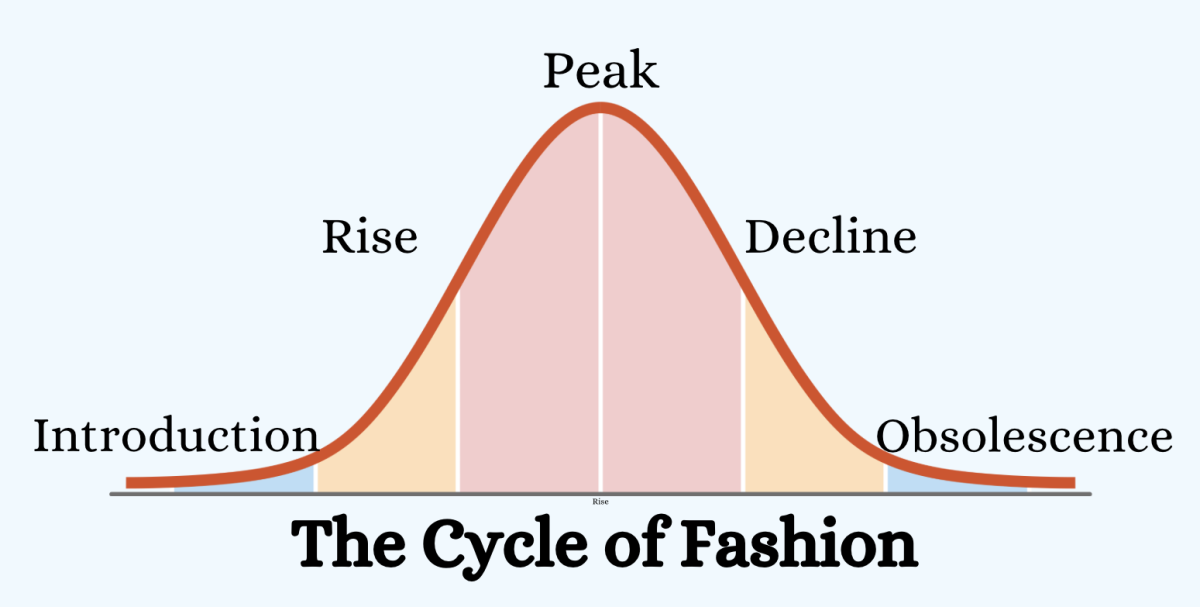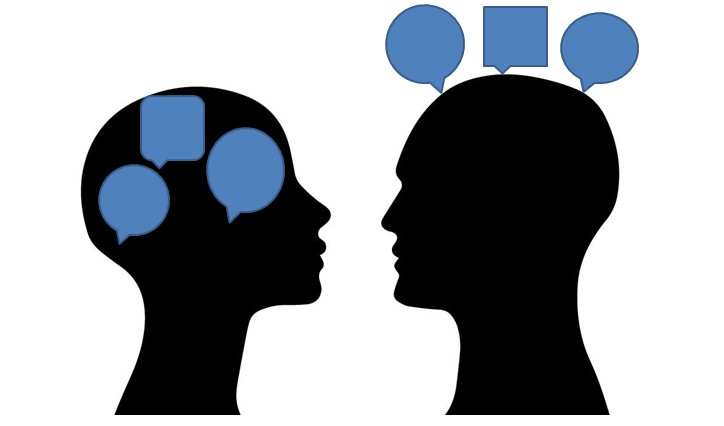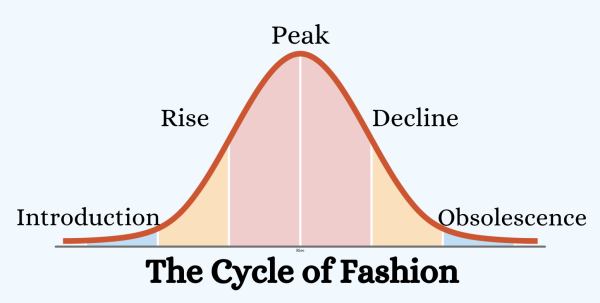Society Prefers Extroverted People
This image depicts the differences between an introvert and extrovert’s mind.
October 8, 2019
When thinking about different individuals at school or work, we tend to picture the people who are very outgoing and friendly. It’s clear that first impressions influence how we perceive others. But is this the best way to judge people and their abilities? Being an introvert, I find it difficult to be a part of class discussions, make new friends, or take on a leadership role. It almost feels like competing for a chance to be noticed.
Although extroverts make it clear that they have certain abilities or talents, introverts have talents as well. They just can’t present them. This causes society to ignore introverts and forget about the loads of knowledge and/or talent that they posses.
Because extroverts encourage conversation and energy, they pull out the best from people and are enjoyable to be around. This allows, especially for students, an opening to leadership roles or job opportunities. According to Karina Shah (10), “I’m an extrovert and it’s pretty easy to stand out because people perceive us as friendly.” Society is drawn to energetic and conversational individuals because they are easy to talk to and are open to spreading their ideas.
But what about us introverts? Society doesn’t recognize us to be thoughtful people. Introverts have endless ideas, just like extroverts, but don’t constantly strive to present them. Society tends to shy away from introverts because they require too much work to get to know. Introverted people, also referred to as anti-social, may be considered a red flag when looking for a leader, friend, and/or colleague.
As for leadership, difficulty arises when being surrounded by extroverted people with strong personalities. Danielle Huizar (10) says “it is hard to get noticed in a room full of extroverts.” Not only are introverts quick to keep quiet, they are easily intimidated by confident extroverts and choose not to speak up.
Where does that leave us? Are introverts just supposed to wait until they’re addressed, or build up the courage to speak up? Most people, introverted or not, are not patient enough to wait for their turn. Also, even if they do speak up, they likely won’t drive attention away from highly extroverted people and to themselves.
It may not be a bad thing to have the characteristic of being extroverted. In fact, it is most likely encouraged. However, this influences society to ignore the input of introverts and miss out on new and innovative ideas. Neither being introverted nor being extroverted are negative characteristics, but one is definitely preferred by society. Maybe society should practice giving introverted people a chance.













































